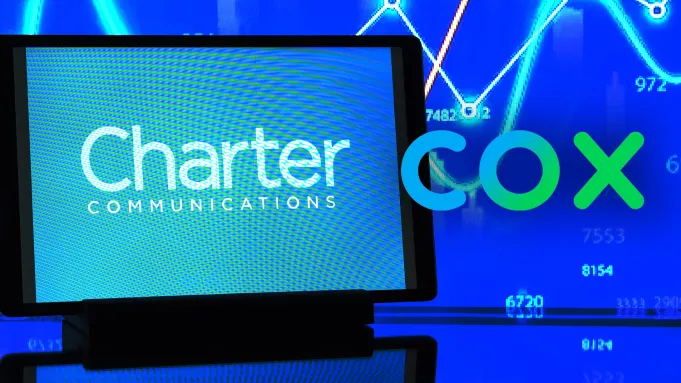Charter Communications (NASDAQ: CHTR) and Cox Communications, two of the biggest names in U.S. cable, are joining forces in a deal that will reshape the landscape of American broadband and pay-TV. The agreement, announced today, values Cox at $34.5 billion on an enterprise basis, which is roughly in line with Charter’s own recent enterprise value. This combination brings together two companies with deep roots in the industry, each with a long history of serving millions of customers across the country.
Charter and Cox have both faced a rapidly changing market in recent years. The rise of streaming services, cord-cutting, and growing demand for high-speed internet have forced traditional cable operators to rethink their strategies. By merging, Charter and Cox are positioning themselves to better compete with tech giants and telecoms that are increasingly encroaching on their territory.
The deal isn’t just about size. Both companies bring unique strengths to the table. Charter is known for its national reach and significant investments in broadband infrastructure. Cox, a privately held company, has built a strong reputation for customer service and innovation in its regional markets. Together, the new entity will have a broader footprint and more resources to invest in technology and customer experience.
The $34.5 billion valuation for Cox is notable because it matches the scale of Charter’s own enterprise value, suggesting this is a true merger of equals rather than a straightforward acquisition. For context, enterprise value takes into account not just the market capitalization of a company, but also its debt and cash holdings, offering a fuller picture of what it would cost to buy the entire business outright.
While the companies have not yet disclosed the detailed financial structure of the deal, the valuation signals that both sides see significant long-term value in combining their operations. The cable industry has seen a wave of consolidation in recent years, but this merger stands out for its potential to create an even more formidable competitor in broadband and entertainment.
The timing of the deal reflects the pressures and opportunities facing cable operators. Internet usage has surged, with more Americans working from home and relying on fast, reliable connections for everything from streaming to gaming to remote work. At the same time, traditional cable TV subscriptions have been on the decline, squeezed by streaming services like Netflix, Disney+, and others.
By joining forces, Charter and Cox hope to accelerate the rollout of faster internet speeds, expand into new markets, and offer more competitive bundles that combine broadband, TV, and wireless services. The merged company will also have more leverage when negotiating with content providers and technology partners.
For customers, the merger could mean expanded service areas, improved internet speeds, and new product offerings. However, as with any large merger, there are likely to be questions about pricing, customer service, and how the integration will affect day-to-day operations.
For investors, Charter’s stock will be in the spotlight as the market digests the implications of the deal. The cable industry has long been viewed as a stable, cash-generating business, but the pace of change is accelerating. The success of this merger will depend on how well the combined company can execute its strategy and adapt to evolving consumer preferences.
This merger marks a major moment for the U.S. communications sector. Charter and Cox are betting that bigger is better in a world where scale, technology, and customer experience are critical to survival.

